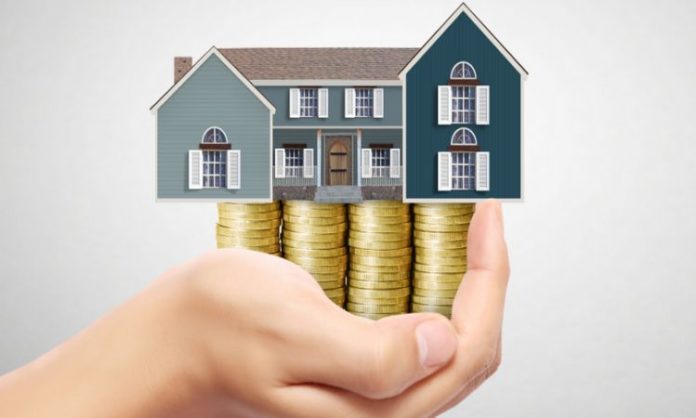According to reports, the real estate sector in India is expected to reach a market valuation of Rs.65,000 crore by 2040 from Rs.12,000 crore in 2019. These statistics show how rapidly the real estate sector in India is growing, which is expected to grow at a CAGR of 19.5% from 2017-2028.
Simultaneously, the demand for home loans has also increased in this country, and various financial institutions and HFCs are now offering home loans at affordable terms.
Home loan interest rate makes a considerable impact on repayments. Thus, you should know the factors which can adversely affect the interest accrued on your credit.
Top 8 factors that can increase your home loan interest rate
- External benchmark rate
According to the Reserve Bank of India, the floating interest rate on home loans will be linked with some external benchmarks from 1st October 2019. These benchmarks are –
- Repo rate.
- Three months and six months rates of treasury bills.
- Any benchmark rate published by Financial Benchmarks India PVT. Ltd. (FBIL).
Since every rate is likely to hold a different figure, your home loan interest rate may fluctuate depending on the external benchmark rate selected by your lender. Therefore, before availing a home loan, acquire this vital information from your lender.
- Other types of interest rates
Apart from a floating interest rate, you can avail a home loan at a fixed interest rate and a fixed interest rate. The fixed interest rate on home loans does not change throughout the tenor. Whereas mixed interest rates comprise both fixed and floating rates. Here, a fixed rate is applied for a specific period, and after that floating rate is applicable for the remaining tenor.
- Credit score
The credit score is a vital part of any home loan application. This three-digit score holds your creditworthiness and helps lenders to evaluate you as a borrower. Hence, if you have a higher credit score (750 or above), your chances of securing a home loan increases. Moreover, you can even negotiate a lower interest rate.
On the contrary, if you have a low credit score (700 or below), it will be tough for you to negotiate a better deal, and it can impact your home loan interest rate.
The best way to counter this situation is to fetch your credit report at least six months before applying for a home loan. After that, work on your existing credit situation by clearing existing debts to improve your credit score. Additionally, if there are any discrepancies in your credit report, resolve it to improve the score.
- LTV ratio
LTV or loan to value ratio is the percentage of your property’s value, which you can avail as a credit. If you opt for a higher LTV, then your housing loan rates may increase.
- Location of the property
The location of your property also plays a pivotal role in determining your home loan interest. If you avail a loan to purchase a property at a prime location with excellent amenities, it holds a higher resale value. In this case, your lender may charge you a low-interest rate. Contrarily, a property in a less desired neighbourhood will not hold the same resale value and subsequently attract a higher interest rate.
The same applies to the age of a property. A new property is always lucrative and has higher resale value, whereas that of an old property is considerably lower.
- Loan tenor
Home loans are typically longer terms credits. Yet, if you opt for a comparatively shorter tenor, it can decrease your home loan interest rate.
- Source of income
Your source of income can have a significant effect on your home loan interest rate. If you have a stable monthly income, be it salaried or self-employed, you can easily avail a home loan at favourable terms and affordable interest rate.
- Down payment
Last but not least, the down payment you make at the time of availing a loan can have a significant effect on your home loan interest rate. Interest rate and down payment are inversely proportionate, i.e. if you make a lower down payment, it may increase your interest rate and vice versa. Hence, try to make a substantial down payment, and if possible, make part-prepayments to reduce the principal amount of your home loan.
Also Read: 7 Ways to Save Money on Home Loan for Your New House
Home Loan Eligibility Criteria
Before applying, take note of the home loan eligibility criteria you need to fulfil to successfully avail this credit.
- Age: 23-62 for salaried individuals; 25-70 for self-employed ones.
- CIBIL score: 750 or above.
- Minimum monthly income: Rs.25,000.
- Experience:
- Salaried individuals – 3 years.
- Self-employed individuals – 5 years.
The above-mentioned pointers play a pivotal role in affecting your home loan interest rate. Therefore, keep in mind these points and work accordingly to make your home loan more affordable for you.









